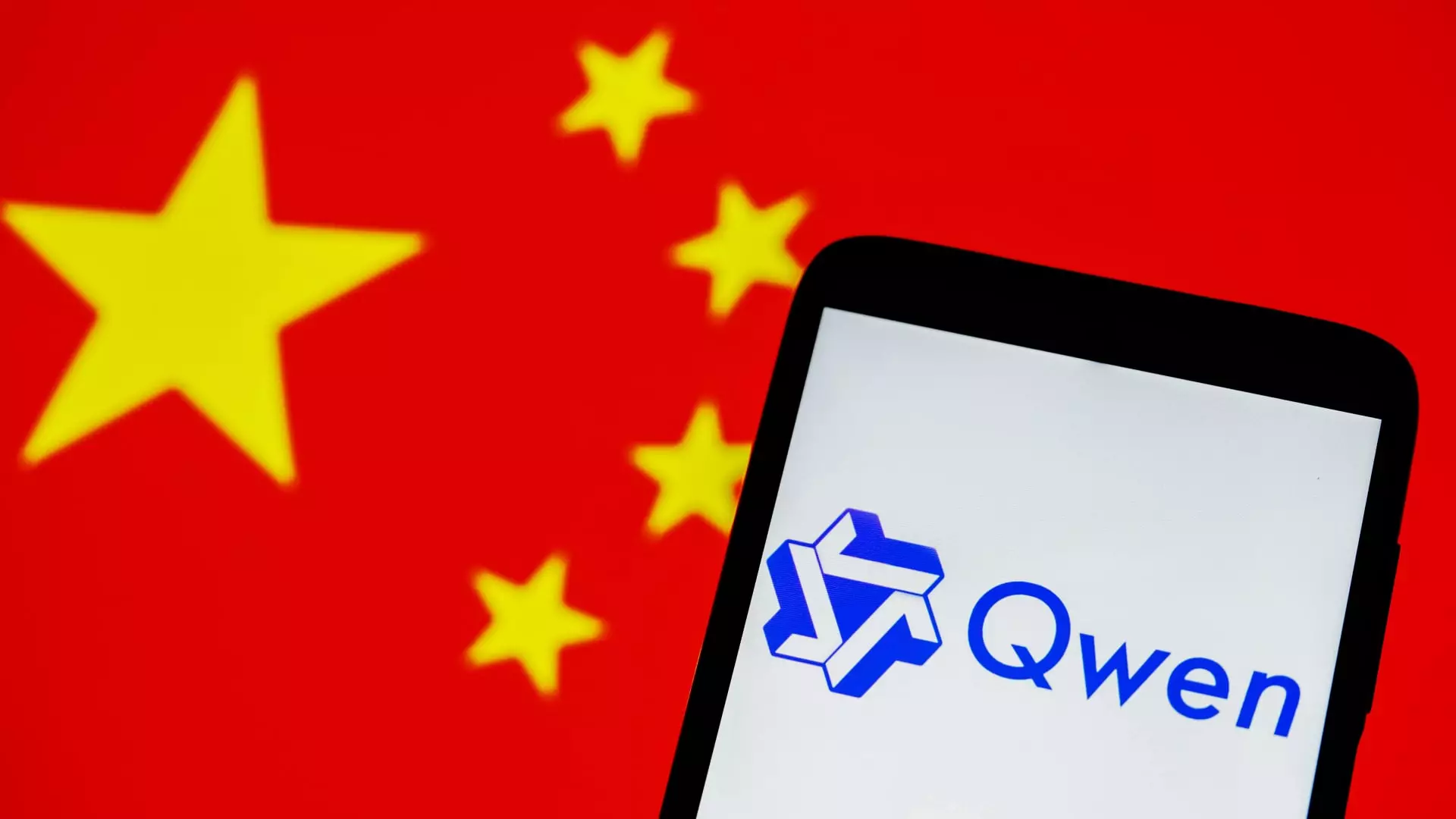In an age when AI innovation seems to have a more pronounced presence in the West, Alibaba’s recent launch of Qwen3 has stirred the pot in China’s burgeoning open-source AI sector. As powerful as some of its western counterparts, the Qwen3 series beckons a new era where Chinese tech firms can not only hold their ground but also challenge established names in the global landscape. With the U.S. imposing increasingly stringent export restrictions, it’s imperative for Chinese entities to leapfrog past these barriers—and Qwen3 represents just such a strategic pivot.
A Versatile Toolkit for Developers
The architecture of Qwen3 alone sets it apart; with eight variations designed to cater to different applications, developers now have the flexibility to choose what best suits their needs. This aspect of the model is undoubtedly a boon for anyone creating applications for mobile or edge devices, where processing limitations often dictate performance. The introduction of hybrid reasoning models by Alibaba could lead to an explosion of innovative applications that minimize response time while still tackling complex tasks. This capability, in particular, could revolutionize workplace efficiency and pave the way for integration into everyday technologies.
Cost-Efficiency: A Strategic Advantage
In a landscape where premium performance often comes with equally hefty costs, the cost-efficiency of Qwen3’s MoE model marks a significant milestone. Lower deployment costs make cutting-edge technology accessible not just for industry titans but also for startups and smaller companies aspiring to carve out their niches. The notion that high-performance AI does not have to break the bank could democratize the tech ecosystem, fostering more competition and potentially leading to unparalleled innovation.
Open Source is Here to Stay
Alibaba’s commitment to making Qwen3 available as an open-source model further amplifies its potential impact. Freedom of access encourages collaboration, enabling developers from various backgrounds to contribute to an evolving pool of innovation. With over 300 million downloads reported, the global interest in Qwen3 illustrates a clear message: open-source AI models are here to stay and thrive. They offer transparency and flexibility that proprietary models often lack.
Multilingual Mastery: Bridging Cultures
In an increasingly interconnected world, the multilingual capabilities of Qwen3—supporting 119 languages—position it as a significant player in breaking down communication barriers. This feature is particularly compelling not just for businesses looking to expand their global footprint, but also for individuals aiming to navigate cross-cultural exchanges. The incorporation of diverse dialects speaks volumes about Alibaba’s intent to appeal to as broad an audience as possible, while also underlining that technology should serve to unite rather than divide.
Competitive Edge Amid Global Scrutiny
Qwen3 is not just a technological leap; it’s also a bold statement against U.S. hegemony in the AI space. Despite ongoing scrutiny and pressure from U.S. policies aimed at stifling China’s technological advancement, Alibaba’s launch reveals a resilience and determination that could shift the narrative. As other Chinese companies like Baidu scramble to enhance their AI capabilities, it seems clear that their success hinges on an open-source strategy akin to what Qwen3 offers.
The AI Landscape: Evolving and Explosive
With industry analysts already dubbing Qwen3 a “serious challenger,” it’s likely that we’re on the verge of a renaissance in AI models that are affordable, adaptable, and adept. The recent focus on open-source frameworks could invite a new wave of innovation among developers, as they leverage Qwen3’s flexibility. While models like OpenAI’s o3 and o4-mini remain at the pinnacle, Alibaba’s advancements indicate an accelerating competition that might soon lead to radically different applications in our daily lives.
In a world where technology can often seem compartmentalized and elitist, models like Qwen3 are democratizing access to powerful tools, ensuring that innovation is not merely the domain of a privileged few but rather a prospect within reach for all. The approach taken by Alibaba isn’t just leveraging technology; it’s also about reshaping the narratives and expectations of what can be achieved in the AI domain, especially within an increasingly globalized context.

